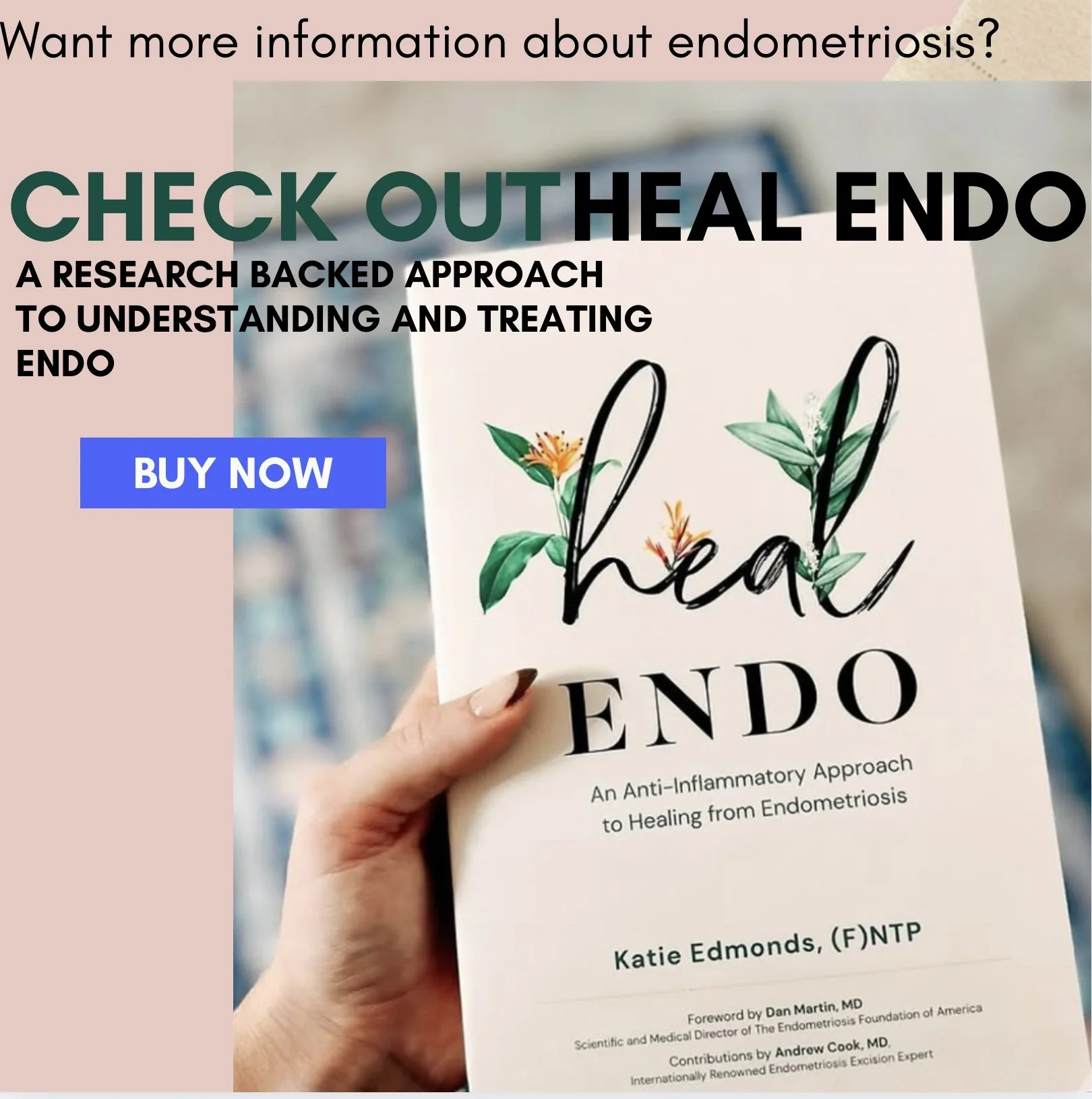Caffeine and Endometriosis
Ah, caffeine. Whether it’s coffee, tea, or another favorite drink, many women with endometriosis lean on caffeinated beverages to get through the day. But does caffeine make endometriosis symptoms worse, or is it harmless in moderation? Like many dietary changes, the answer isn’t black and white—it depends on your body and your relationship with this daily ritual.
Endometriosis Symptoms and Caffeine Intake
Caffeine is a stimulant that increases blood flow to the brain and muscles, which is why that first sip of coffee can feel magical. For many women, though, caffeine intake doesn’t just wake them up—it can also worsen pelvic pain, disrupt sleep, and trigger inflammation.
One study found that caffeine elevates cortisol, the stress hormone, especially in stressful situations. That means a simple cup of coffee may amplify anxiety and leave your whole body on edge. Since stress already worsens endometriosis symptoms, adding caffeine on top of it can be a double hit.
Estrogen Levels and Hormone Imbalances
Caffeine doesn’t just affect stress hormones—it also interacts with estrogen. Both caffeine and estrogen are metabolized by the same liver enzymes. A meta analysis suggests this overlap may lead to higher levels of circulating estrogen in some patients. For women of reproductive age, already navigating hormone imbalances, this can potentially worsen endometriosis symptoms.
That doesn’t mean caffeine is a cure-or-curse food. But if you already notice discomfort, heavy bleeding, or worse pain after coffee, it may be worth experimenting with decaf or caffeine-free alternatives.
The “Coffee Cycle” and Lifestyle Changes
Caffeine is well known to affect sleep and energy. Most women who drink large amounts of coffee or energy drinks find themselves in the “coffee cycle”: wake up tired → drink more coffee → sleep poorly → wake up even more exhausted. This cycle can lead to significant fatigue and worsen quality of life for women with endometriosis.
Making dietary changes, like switching to decaf, herbal tea, or anti inflammatory diet staples (vegetables, fish, whole foods), can make a significant difference in energy levels. Small lifestyle changes—balanced nutrition, regular movement, and stress management—often support better outcomes than relying on caffeine to mask symptoms.
Women with Endometriosis and Caffeine: What Research Says
Research on caffeine and endometriosis is mixed. Some studies show no strong association, while others link high intake of caffeinated beverages to increased estrogen levels and worse symptoms. A recent meta analysis concluded that while caffeine may not directly cause disease progression, it can worsen certain symptoms for many women.
The bottom line: most women with endometriosis will benefit from experimenting with their food intake and tracking how certain foods (like coffee, dairy, or red meat) affect pain, sleep, and inflammation.
Practical Tips for Caffeine and Endometriosis Management
If you decide to keep caffeine in your diet, here are a few evidence-based tips:
Stick to 1–2 cups of coffee per day, preferably before noon.
Choose organic coffee or tea to reduce toxin exposure.
Avoid sugar-laden drinks (energy drinks, café blended coffees), which worsen inflammation.
Try decaf or herbal teas if you notice caffeine worsens your symptoms.
Support your body with nutrients through an anti inflammatory diet rich in vegetables, fish, and whole foods.
The Takeaway on Caffeine and Endometriosis
For many women with endometriosis, caffeine is a gray-area food. Some tolerate it well, while others find that it worsens pain, triggers inflammation, and contributes to hormone imbalances. Paying attention to your own outcomes is key.
Remember: caffeine isn’t the only way to regain energy. Balancing nutrition, reducing stress, and making dietary changes can bring a significant reduction in fatigue and help manage endometriosis symptoms more sustainably than another latte.
Lovallo, W. R., Farag, N. H., Vincent, A. S., Thomas, T. L., & Wilson, M. F. (2006). Cortisol responses to mental stress, exercise, and meals following caffeine intake in men and women. Pharmacology, Biochemistry, and Behavior, 83(3), 441–447. https://doi.org/10.1016/j.pbb.2006.03.005
Schliep, K. C., Schisterman, E. F., Mumford, S. L., Pollack, A. Z., Zhang, C., Ye, A., Stanford, J. B., Hammoud, A. O., Porucznik, C. A., & Wactawski-Wende, J. (2012). Caffeinated beverage intake and reproductive hormones among premenopausal women in the BioCycle Study. The American Journal of Clinical Nutrition, 95(2), 488–497. https://doi.org/10.3945/ajcn.111.021287
O’Callaghan, F., Muurlink, O., & Reid, N. (2018). Effects of caffeine on sleep quality and daytime functioning. Risk Management and Healthcare Policy, 11, 263–271. https://doi.org/10.2147/RMHP.S156404


